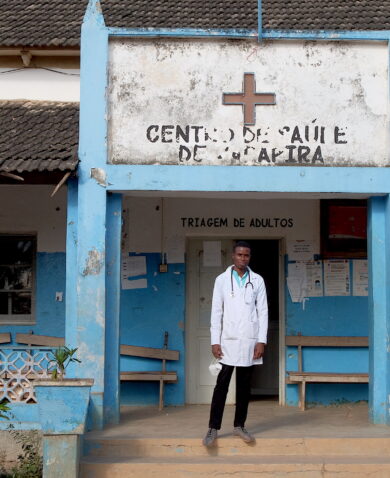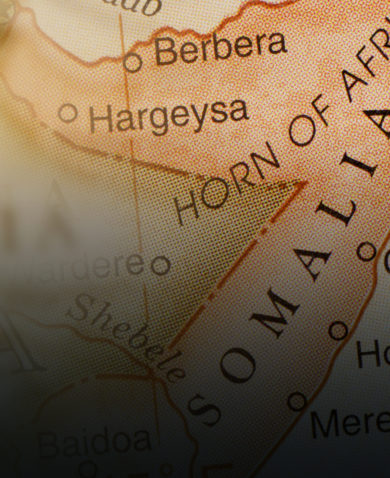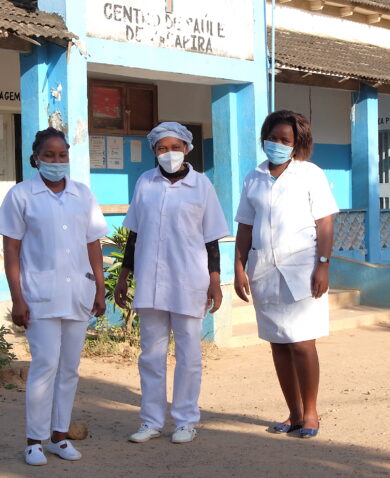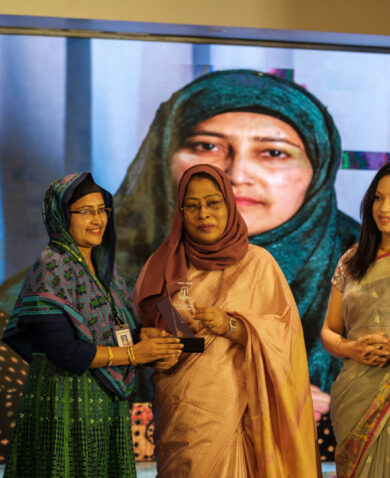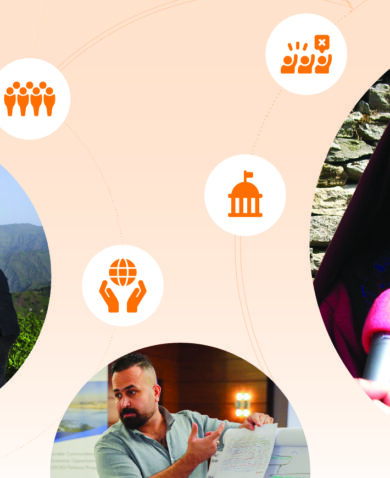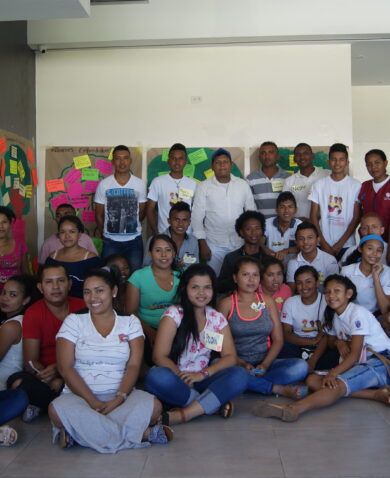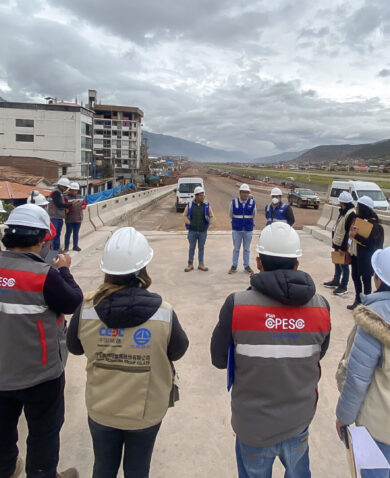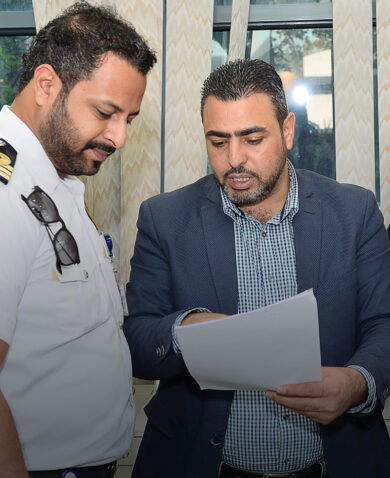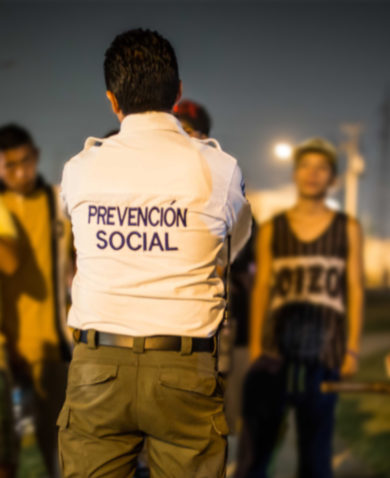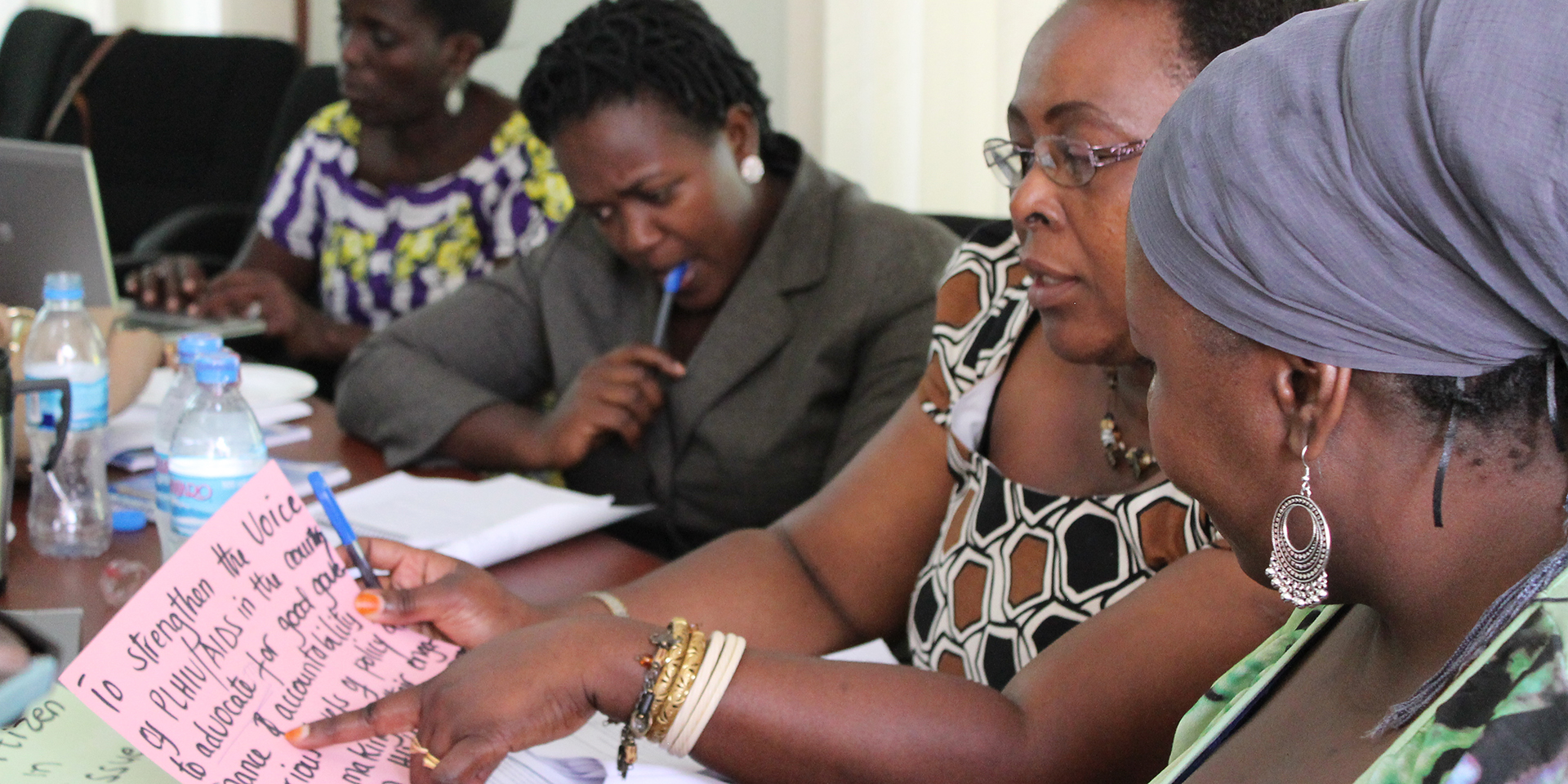
Trust Between Government, Civil Society Bringing More Transparency and Accountability in Tanzania
April 26, 2016 | 2 Minute ReadHow can the global development community improve governmental transparency and accountability? Strengthening the relationship between civil society and government may be the answer.
How can the global development community improve governmental transparency and accountability? This week, civil society actors and partners are gathering in Bogota to consider this question, and specifically, the role of civil society in promoting positive change while spurring accountable practices and institutions.
Chemonics’ projects often engage local actors in strengthening accountability. Through these efforts, we have found that improving government transparency and accountability requires a dual approach that targets both government and civil society. On the one hand, an approach that only targets government actors misses out on civil society’s ability to empower citizens to hold governments accountable. On the other, only working through civil society generally does not lead to lasting change because civil society cannot institutionalize accountability of state and parastatal institutions on its own.
One example of a dual approach is USAID’s Tanzania Pamoja Twajenga project, which is building civil society’s advocacy capacity while establishing linkages and building trust with various institutions of accountability within the Tanzanian government (institutions that oversee public resources and service delivery). These include the Ethics Secretariat, which initiates and conducts investigations on possible breaches of corruption; the National Audit Office, which audits use of public funding and informs the president’s action plan; and the Public Procurement Regulatory Authority, which monitors procurement compliance and transparency.
A key principle of our strategy with Pamoja Twajenga is to promote transparency and accountability in service delivery by improving the flow of information among the government, media, civil society and citizens. The process of putting mechanisms in place to support free flowing information creates a neutral space for civil society and the Tanzanian government to find common ground, embrace shared challenges, and build their capacity side-by-side in areas that will allow everyone to execute their roles more effectively.
For example, with support from Pamoja Twajenga, a civil society organization called Tanzania Council for Social Development trained local government personnel and community members in Kibaigwa on data analysis through a social accountability monitoring tool to improve the effectiveness of local governance structures. The community members monitored a labor ward construction project that had stalled, leaving women in the community with no option but to travel almost 30 miles to another center for maternal care. They were able to successfully advocate for its completion, and subsequently, the village has continued monitoring maternal health services, specifically resource allocation and planning, through quarterly meetings. Through efforts like these, we see that civil society organizations now have a greater understanding of the roles of institutions of accountability and of their own roles as watchdogs.
We are also working with civil society organizations in Dodoma and Mtwara to organize issue-based dialogues with villagers to foster citizens’ participation and engagement on issues related to ethics and the public procurement law. Other institutions of accountability we support are establishing new mechanisms for outreach, such as the Ethics Secretariat’s radio show for citizens to file complaints and give feedback and a partnership with a community theatre group to talk about why accountability is important. Each is a result of Pamoja Twajenga’s work to link civil society with the Tanzanian government in productive, sustainable partnerships.
The success of Pamoja Twajenga lies in the trust built between both sets of partners – government and civil society – which we see translating into improved responsiveness and more transparent service delivery and public resource management through a system of continuous engagement and feedback. By strengthening linkages between institutions of accountability and civil society, this approach is developing the capacity of both groups to strengthen transparency, accountability, and oversight of public resources.







